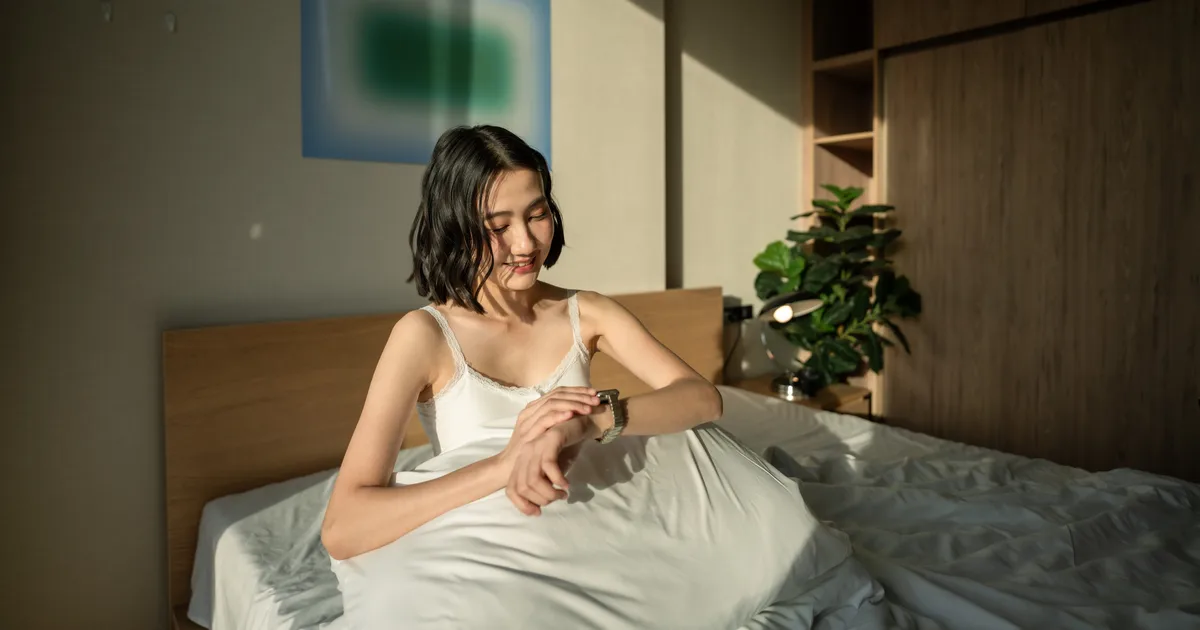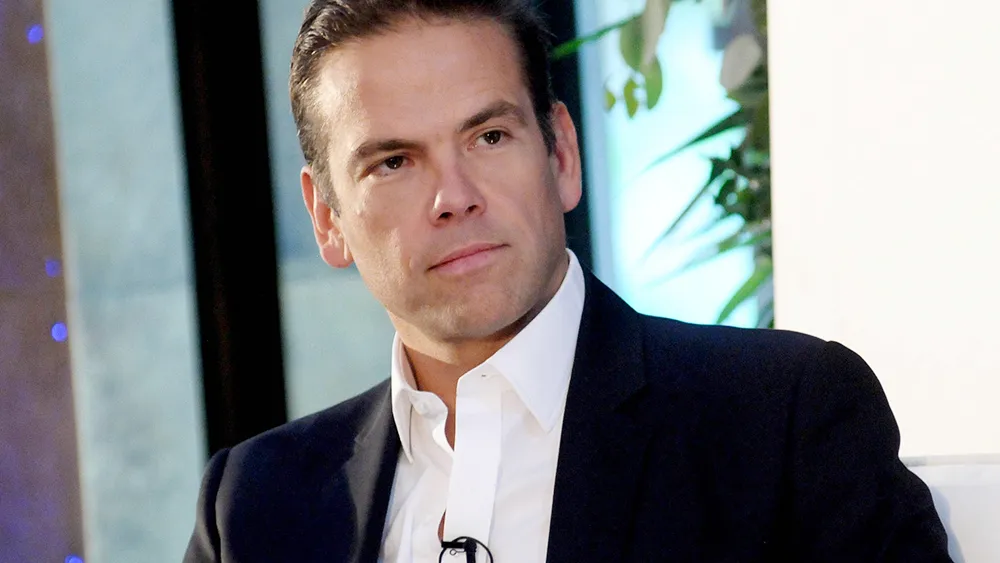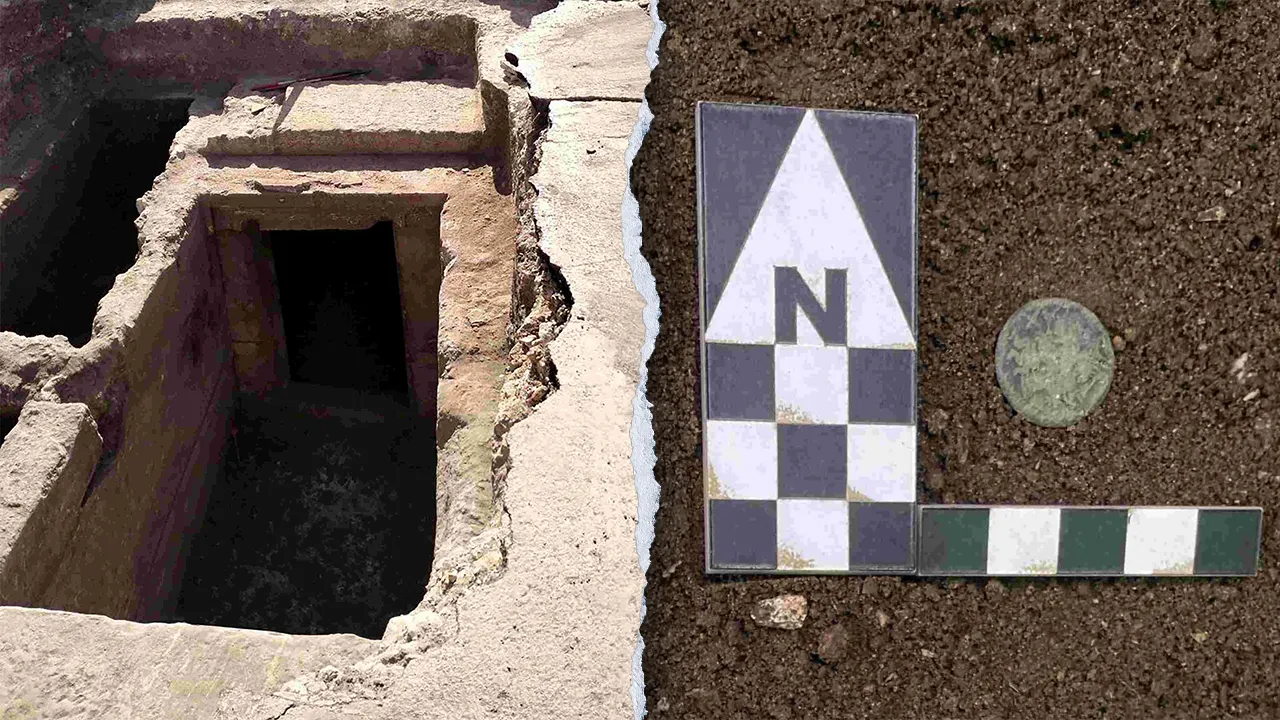
LOADINGERROR LOADING
Sleep trackers have become wildly popular in recent years, and it’s no mystery why. Approximately 1 in 3 adults say they don’t get enough sleep, and anywhere from 50 to 70 million Americans suffer from sleep disorders.
Sleep trackers provide insights about your shut-eye so you can, in theory, tweak your behavior and sleep more soundly. But a portion of people using sleep trackers actually wind up sleeping worse.
Advertisement
“When patients rely on this unvalidated information and begin to experience excess worry about their sleep quality, this paradoxically may have a detrimental effect on both sleep quality and quantity as they may develop sleep anxiety,” Dr. Robert Satriale, a sleep specialist with Temple Health, told HuffPost.
How accurate are at-home sleep trackers?
While sleep trackers can provide a rough estimate of your sleep patterns, they aren’t nearly as effective as conventional sleep studies.
Sleep studies, which are conducted in certified sleep clinics, use electroencephalograms (EEG) to measure your brain’s electrical activity. While they, too, aren’t perfect, EEGs are the gold standard for assessing what stage of sleep someone’s in, said Dr. Oliver Sum-Ping, a sleep medicine physician at Stanford Medicine.
Advertisement
Sleep trackers, on the other hand, merely look at physiologic information, such as your heart rate, skin temperature or how much you moved during the night. “While trackers can give a general sense of patterns, they’re far less precise than lab testing,” said Dr. Norman Ng, an emergency physician at Northwell’s Staten Island University Hospital.
Sleep staging data — i.e., stats that say how long you were in light or deep sleep — should be interpreted with caution, Sum-Ping explained.
Trackers that use accelerometers, a tool that provides estimates of movement, to determine sleep versus awake time have a staging accuracy of roughly 65%, studies suggest.
Advertisement
Sum-Ping said there are certain measures at-home trackers are more skilled at detecting — like time in bed and rise time — than how long you were in different sleep stages.
Why sleep trackers can actually wreck your sleep
At his sleep clinic in California, Sum-Ping said he’s seen more and more patients share data collected from their sleep trackers. A handful of them have developed a fixation on their tracker and care more about the measures it tracks than other important “endpoints,” such as how they feel or perform during the day.
Satriale has seen the same with his patients at his clinic in Philadelphia. “Many times they are concerned because they feel they’re not getting enough deep sleep, or REM sleep,” he said.
Advertisement
Becoming overly invested in your sleep tracker can lead to a handful of negative consequences. Some people develop performance anxiety around their sleep, and others check their devices too frequently, according to Sum-Ping.
Some individuals actually get a good night’s sleep but don’t believe they did because their tracker didn’t capture it. As a result, they become unnecessarily stressed about their sleep, Sum-Ping added.
Why does this happen? According to Ng, sleep thrives on letting go. When people get hung up on numbers and states, they create stress that makes it tough to drift off. Their brain shifts into performance mode, which, as you can imagine, is not a relaxing state of mind to be in.
Advertisement
“Sleep is one of those things that works best when you don’t try too hard,” Ng said.
What’s the best way to use your sleep tracker?
You don’t need to toss your sleep tracker, but you may want to take a closer look at how you’re using it.
All of the sleep experts we spoke to agree that the best way to use sleep trackers is to get a general idea of how well (or poorly) you’re sleeping. As Ng explained, being aware about your sleep can be a powerful motivator for making small lifestyle tweaks that really pay off.
Advertisement
If the stats show you toss and turn all night long, for example, consider changing your bedtime routine or improving your sleep hygiene. Avoid ingesting caffeine after noon, skip the late afternoon naps and limit your screen time before bed. Use your bed for sleep only (that means no working or watching TV there), Satriale suggested. If you make these changes and your sleep improves? “Put the tracker away,” Satriale advised.
In general, it’s a good idea to avoid drawing too many conclusions about your sleep, since trackers are far from perfect. Try not to check your tracker during the night, and limit how many times you check your data during the day. If you notice the data is stressing you out and keeping you alert at night, you should also put the tracker aside, Ng said.
20 Years OfFreeJournalism
Your SupportFuelsOur Mission
Your SupportFuelsOur Mission
For two decades, HuffPost has been fearless, unflinching, and relentless in pursuit of the truth. Support our mission to keep us around for the next 20 — we can’t do this without you.
We remain committed to providing you with the unflinching, fact-based journalism everyone deserves.
Thank you again for your support along the way. We’re truly grateful for readers like you! Your initial support helped get us here and bolstered our newsroom, which kept us strong during uncertain times. Now as we continue, we need your help more than ever. We hope you will join us once again.
We remain committed to providing you with the unflinching, fact-based journalism everyone deserves.
Thank you again for your support along the way. We’re truly grateful for readers like you! Your initial support helped get us here and bolstered our newsroom, which kept us strong during uncertain times. Now as we continue, we need your help more than ever. We hope you will join us once again.
Support HuffPost
Already contributed? Log in to hide these messages.
Finally, if your sleep doesn’t improve — or gets worse — consider reaching out to a sleep medicine physician. They can conduct a sleep study to understand the root cause of your sleep issues and initiate a treatment plan.



